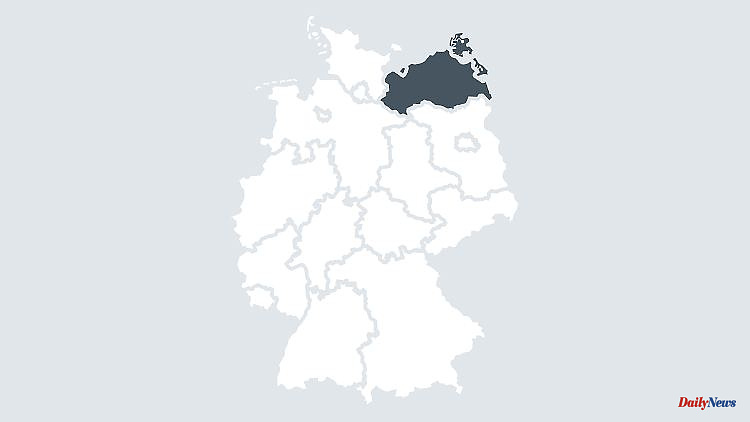Schwerin (dpa/mv) - The state government in Schwerin currently sees neither the possibility nor the need to promote vocational training in so-called shortage occupations with additional state aid. The federal and state governments have already provided extensive support for dual training, Finance Minister Heiko Geue (SPD) said on Monday at the special session of the state parliament in Schwerin. He cited rent and travel allowances as examples.
The AfD had proposed granting a state subsidy of 100 to 200 euros per month to apprentices who decide to train in sectors with an acute shortage of skilled workers. In return, the beneficiaries would have to undertake to work in the profession in Mecklenburg-Western Pomerania for five years, explained AfD MP Michael Meister. He estimated the annual costs at 12 million euros for 5,000 funding cases. There is a particular lack of apprentices in sectors such as metalworking, gastronomy, agriculture and care.
Speakers from the other groups agreed that securing skilled workers was one of the greatest challenges at the moment, but they unanimously rejected the AfD’s application as unsuitable. Among other things, they referred to the responsibility of the companies themselves to ensure that their young professionals are provided with good working conditions and appropriate remuneration.
The DGB training report presented last week revealed that apprentices often have to work overtime and are also entrusted with tasks that have nothing to do with their training. Insufficient careers advice in schools was also noted.
The economy in the northeast has been complaining about a lack of young professionals for some time. In the trades alone, around 750 apprenticeship positions remained vacant last year. The gaps are also large in industry, trade and gastronomy. The employment agencies were notified of around 7,600 training positions in 2022. There were almost 3,600 registered applicants. The reasons for the lack of trainees are the demographic development and an increased inclination to study.












